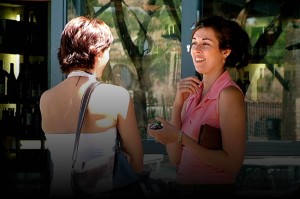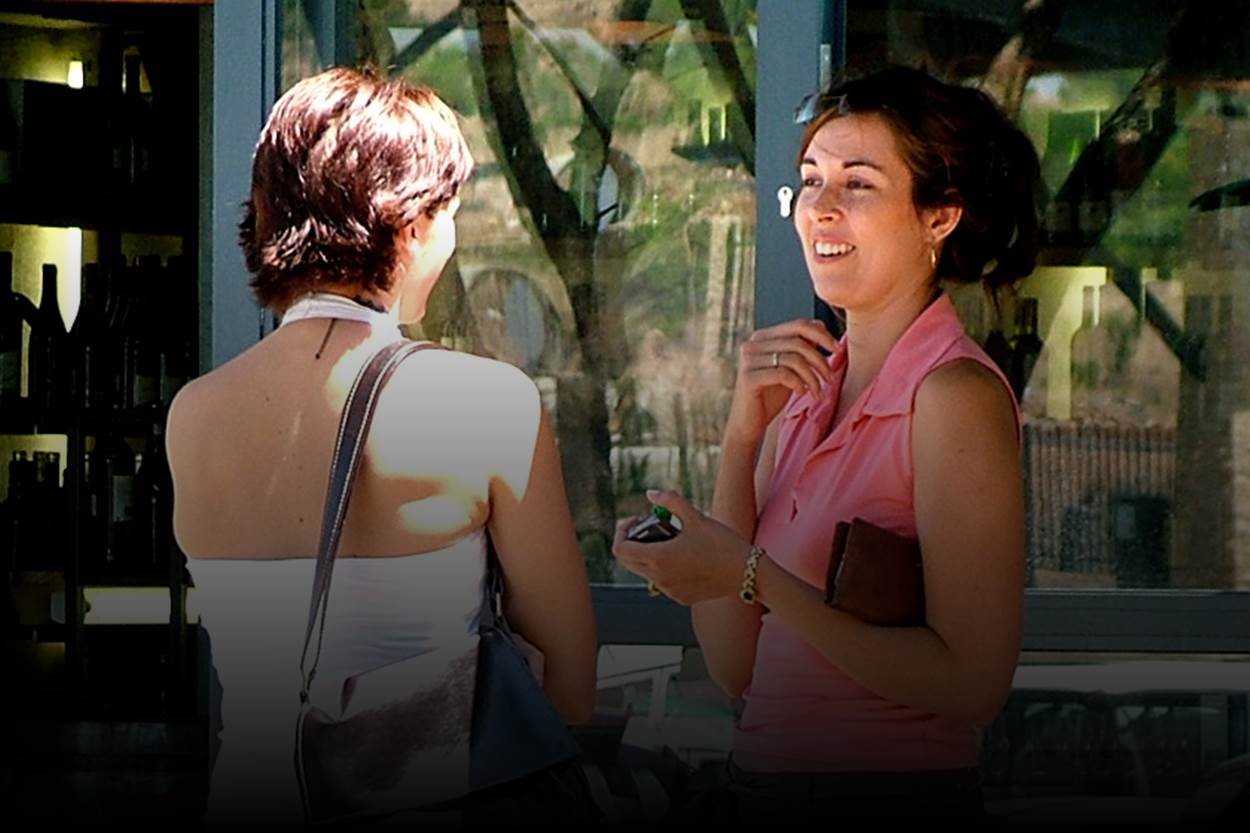
As I’ve written a number of times on this blog, most trials involve expert witnesses of one kind or another. I’ve used forensic experts, behavioral analysts, DNA experts, coroners and all kinds of intelligent specialists with PhD’s over the years. But none of these people were as important as my jurors. Think about that for a minute. The responsibility we give jurors is truly breathtaking: we ask regular citizens to evaluate the evidence provided by experts and make a critical decision. These jurors seldom have the expertise possessed by the expert witnesses. In fact, attorneys usually do their best to make sure there are no experts on the jury.
If I’ve got a case involving the expert testimony of a behavioral psychologist, I’ll be hesitant to include a behavior psychologist on my jury. Pride sometimes interferes with good decision making. I’ve had jurors who resisted the testimony of an expert simply because they thought they knew more based on their own education or level of expertise (even though they were only trained in a distantly related discipline). While I am happy to include the testimony of expert witnesses in my case, I want smart, interested laypeople on my jury. You don’t need to be an expert to evaluate a case; you simply need some good, old-fashioned common sense.
In fact, there are times when experts are unable to separate their evaluation from their own prejudice or bias. In many cases I’ve worked over the years, prosecution and defense attorneys have called separate experts to evaluate the same piece of evidence. These experts often make competing claims about the evidence under consideration. Jurors have to assess this testimony and decide if one of the experts is allowing some bias or improper motivation to influence their judgment. Experts are human, after all, and they are sometimes driven by presuppositions or motivations impacting their judgment. Jurors are allowed to consider such biases when deciding whether to accept the testimony of experts.
During the jury deliberations, jurors engage one another and discuss the evidence. In fact, they often find themselves making the case for or against the defendant based on what they learned during the trial. There are no attorneys (or experts) in the room to reiterate the arguments or re-communicate the case. Jurors are on their own. If they have a question about what was said by an expert, they simply ask the court for “read-back”. The court clerk then enters the jury room and reads from the court transcript, reciting back the lines of testimony under question. Smart jurors then use their common sense to re-articulate what they’ve heard and make a decision. If you’re a Christian interested in making a case for what you believe, don’t let the expertise of an educated specialist intimidate you. Click To Tweet
If you’re a Christian interested in making a case for what you believe, don’t let the expertise of an educated specialist intimidate you. If you’re interested in the truth and possess some common sense, you’ve got what it takes to decide this case and make the case to others. Collect the testimony of experts (I’ve developed quite a library over the years), engage their testimony and rearticulate their case in your own words. Don’t be afraid to evaluate the expert witnesses for potential biases. Ask for “read-back” (from your personal library) and trust yourself to make the right decision. You might not have specialized expertise, but you’ve got common sense, and that’s all you’ll need to become a good Christian Case Maker.

J. Warner Wallace is a Dateline featured Cold-Case Detective, Senior Fellow at the Colson Center for Christian Worldview, Adj. Professor of Christian Apologetics at Talbot School of Theology, Biola University, author of Cold-Case Christianity, God’s Crime Scene, and Forensic Faith, and creator of the Case Makers Academy for kids.
Subscribe to J. Warner’s Daily Email
J. Warner Wallace is a Dateline featured cold-case homicide detective, popular national speaker and best-selling author. He continues to consult on cold-case investigations while serving as a Senior Fellow at the Colson Center for Christian Worldview. He is also an Adj. Professor of Christian Apologetics at Talbot School of Theology, Biola University, and a faculty member at Summit Ministries. He holds a BA in Design (from CSULB), an MA in Architecture (from UCLA), and an MA in Theological Studies (from Gateway Seminary).

































